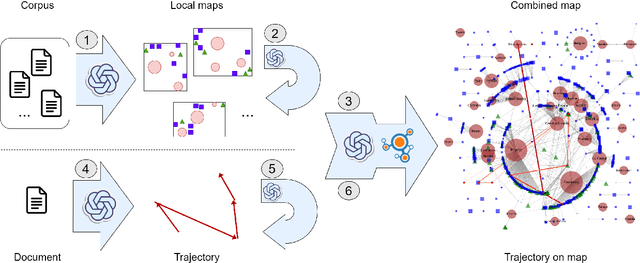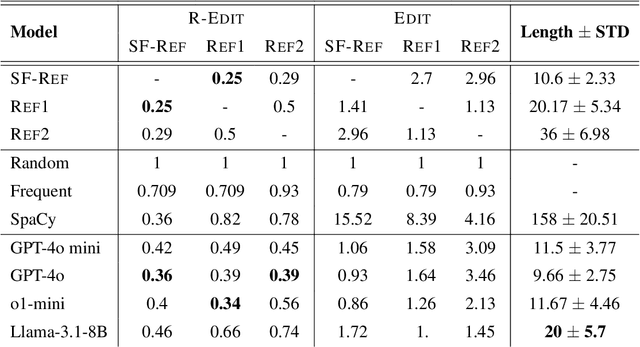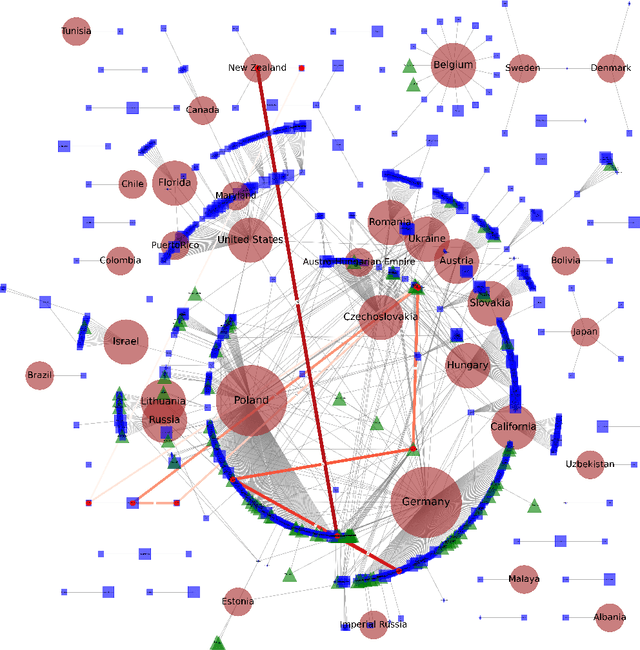Unsupervised Location Mapping for Narrative Corpora
Paper and Code
Apr 08, 2025



This work presents the task of unsupervised location mapping, which seeks to map the trajectory of an individual narrative on a spatial map of locations in which a large set of narratives take place. Despite the fundamentality and generality of the task, very little work addressed the spatial mapping of narrative texts. The task consists of two parts: (1) inducing a ``map'' with the locations mentioned in a set of texts, and (2) extracting a trajectory from a single narrative and positioning it on the map. Following recent advances in increasing the context length of large language models, we propose a pipeline for this task in a completely unsupervised manner without predefining the set of labels. We test our method on two different domains: (1) Holocaust testimonies and (2) Lake District writing, namely multi-century literature on travels in the English Lake District. We perform both intrinsic and extrinsic evaluations for the task, with encouraging results, thereby setting a benchmark and evaluation practices for the task, as well as highlighting challenges.
 Add to Chrome
Add to Chrome Add to Firefox
Add to Firefox Add to Edge
Add to Edge